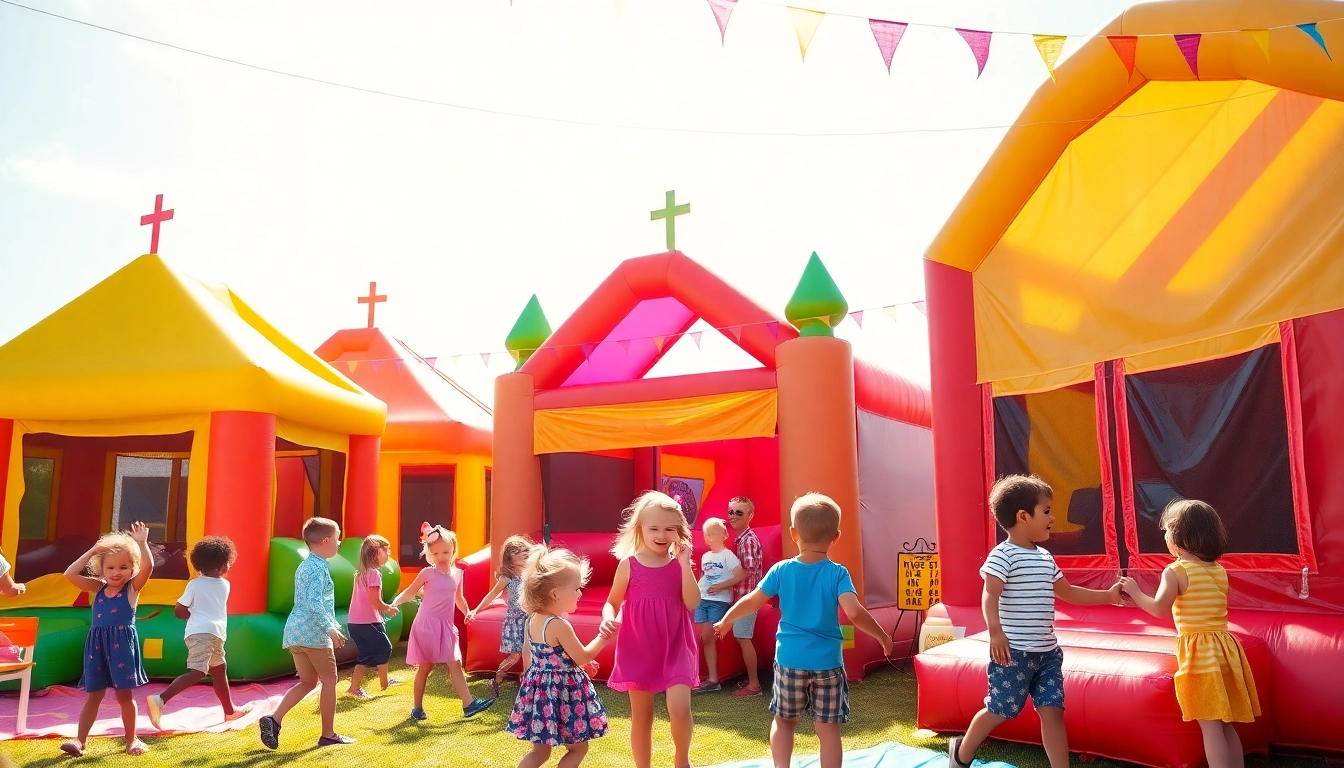Understanding the Role of a Relationship Coach
In a world where relationships are complex and multifaceted, the role of a relationship coach has gained prominence. A relationship coach serves as a guide for individuals and couples striving to enhance their relational dynamics, navigate conflicts, and foster deeper connections. Their expertise encompasses various aspects of interpersonal relationships, prioritizing communication and emotional intelligence.
What Does a Relationship Coach Do?
A relationship coach assists clients in understanding their emotions, improving communication, and resolving conflicts. They offer tools and strategies to help individuals and couples identify patterns, set goals, and implement changes that lead to healthier relationships. The coaching process often includes assessing relationship histories, discussing past challenges, and setting actionable objectives grounded in mutual respect and understanding.
Why Choose a Relationship Coach?
Opting for relationship coaching can provide several benefits, including:
- Improved Communication: Coaches equip clients with effective strategies to express their needs and listen actively to their partners.
- Conflict Resolution: They guide individuals through conflict resolution techniques tailored to their specific situations.
- Goal Setting: Coaches help clients establish and track relationship goals, fostering growth and development.
- Increased Awareness: Coaching promotes self-awareness and emotional regulation, enabling individuals to respond rather than react.
Key Qualities of an Effective Relationship Coach
Not all coaches are equal. When seeking a relationship coach, consider those who exhibit the following qualities:
- Empathy: A good coach understands their clients’ feelings and experiences without judgment.
- Active Listening: This skill allows coaches to grasp not just what is said, but the emotions behind the words.
- Experience: Effective coaches have a robust background in psychology, communication, or related fields.
- Adaptability: Every relationship is unique; a great coach tailors their approach to fit individual circumstances.
Common Challenges Addressed in Relationship Coaching
Relationship coaching is particularly valuable for addressing the common challenges that couples face:
Navigating Communication Barriers
Effective communication forms the foundation of any successful relationship. Many couples struggle with communication due to assumptions, misunderstandings, or differing communication styles. A relationship coach helps clients identify these barriers and teaches them how to rebuild their communication habits through tools like nonviolent communication and active listening exercises.
Conflict Resolution Skills
Conflict is inevitable in relationships, but how partners respond to conflict can make all the difference. Coaches teach skills for managing conflict healthily, such as using “I” statements to express feelings without assigning blame. They also facilitate discussions about underlying issues, which can transform conflicts into opportunities for growth.
Setting and Achieving Relationship Goals
Relationship goals are vital for maintaining growth and satisfaction. Whether it involves improving intimacy, spending more quality time together, or navigating family dynamics, relationship coaches assist clients in setting realistic and actionable goals. By breaking down goals into smaller steps, coaches provide a roadmap for couples to follow, fostering commitment and collaboration.
Choosing the Right Relationship Coach for You
Finding the ideal relationship coach is a crucial step in your journey towards healthier relationships. Here are several considerations to ensure you choose the right fit:
Types of Relationship Coaching Available
Relationship coaching can vary widely in approach and focus. Some common types include:
- Individual Coaching: Focuses on personal growth, helping individuals improve their relationship with themselves and others.
- Couples Coaching: Aimed at partners working together to overcome challenges and enhance their bond.
- Pre-marital Coaching: Prepares couples for marriage by addressing potential issues and facilitating open discussions about expectations.
- Divorce Coaching: Helps individuals navigate the emotional aftermath of separation while focusing on future relationships.
Assessing Potential Coaches
When assessing potential coaches, consider the following approaches:
- Credentials: Look for certifications from reputable coaching organizations. A coach’s education and training can greatly impact their effectiveness.
- Experience: Discuss their background and successes with previous clients to gauge their fit for your needs.
- Your Comfort Level: Establishing a comfortable relationship with your coach is crucial. Trust your instincts during initial conversations.
Questions to Ask During the Consultation
During the consultation, it’s critical to ask pertinent questions that will help you understand the coach’s approach. Some questions to consider include:
- What methodologies do you use in your coaching practice?
- Can you provide examples of successful client outcomes?
- How do you tailor your approach to fit individual situations?
- What is your preferred format for coaching sessions (in-person, online, etc.)?
Success Stories: Impact of Relationship Coaching
Relationship coaching has transformed numerous individuals and couples. Here are some real-life examples illustrating its impact:
Transformative Outcomes
Coaching often leads to profound transformations. For example, one couple began their journey feeling disconnected and frustrated, struggling to communicate effectively. Through coaching, they were able to uncover underlying issues, implement new communication strategies, and reignite their emotional connection. After several months, they reported heightened intimacy and a renewed sense of partnership.
Testimonials from Clients
Client testimonials can provide insight into how coaching has positively affected lives. One former client remarked, “Before coaching, I felt lost in my relationship. Now, I understand myself better and can communicate openly with my partner.” Such testimonials highlight not just the personal growth of clients, but also the importance of the coaching relationship.
Measuring Relationship Improvement
It’s essential to measure the improvement in relationships following coaching. Regular check-ins, self-assessments, and feedback from partners can provide quantifiable insights into progress. This helps keep clients motivated and focused on their goals, ensuring consistent development over time.
Next Steps: Engaging a Relationship Coach
Once you’ve selected a coach, the next step is to engage actively in the coaching process. This involves preparation and openness to growth:
How to Prepare for Your First Session
Preparation for your first session can enhance its effectiveness. Consider the following tips:
- Identify Your Goals: Write down what you hope to achieve from coaching to provide clarity during discussions.
- Gather Relevant Information: Think about your relationship history, including patterns and recurring issues that you’d like to address.
- Open Mind: Approach the session with an open mind, ready to share and explore your feelings and experiences.
What to Expect in Coaching Sessions
During coaching sessions, clients can expect a supportive environment where they can discuss their challenges and aspirations openly. Coaches will employ various techniques and frameworks tailored to the client’s needs, focusing on active listening and constructive feedback. The dynamics may shift as clients gain insights into their behaviors and the intricacies of their relationships.
Continuing Your Growth Journey
After completing sessions, maintain the positive changes you’ve made in your relationship. This could involve regular check-ins with your coach, setting new goals, or attending workshops. Continuing the growth journey ensures that individuals or couples do not revert to previous patterns but instead cultivate lasting, meaningful connections.



